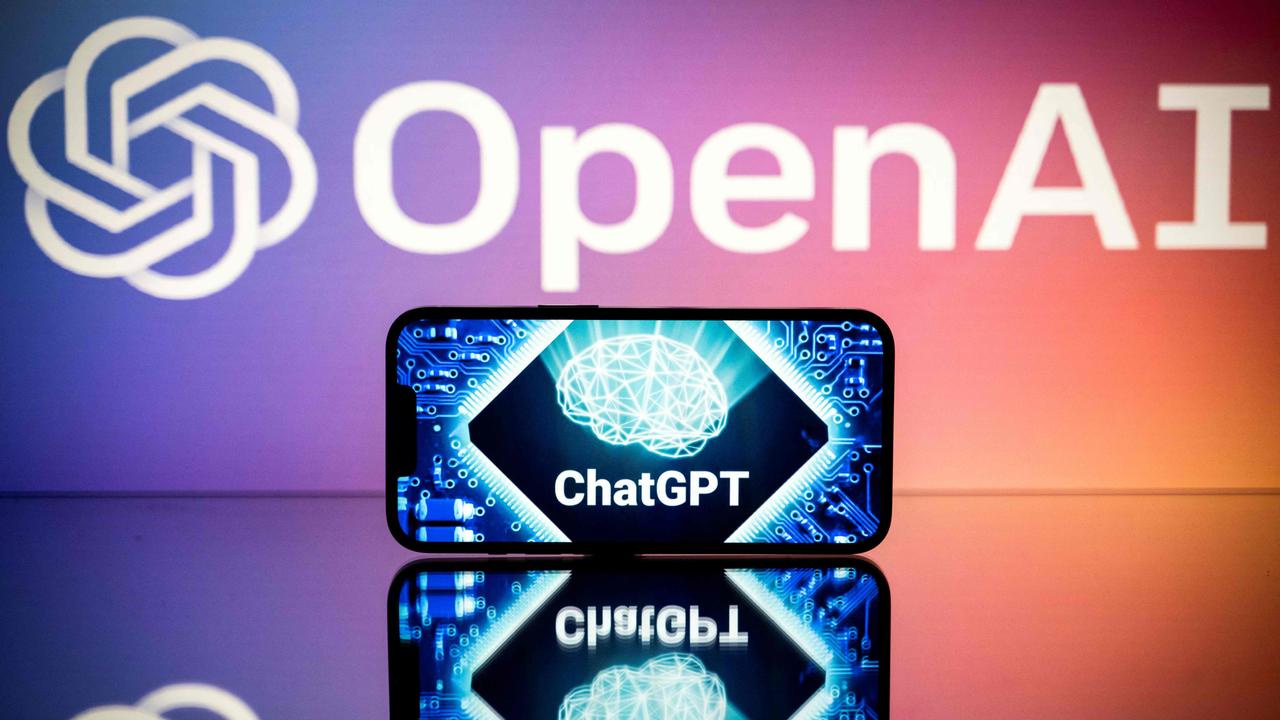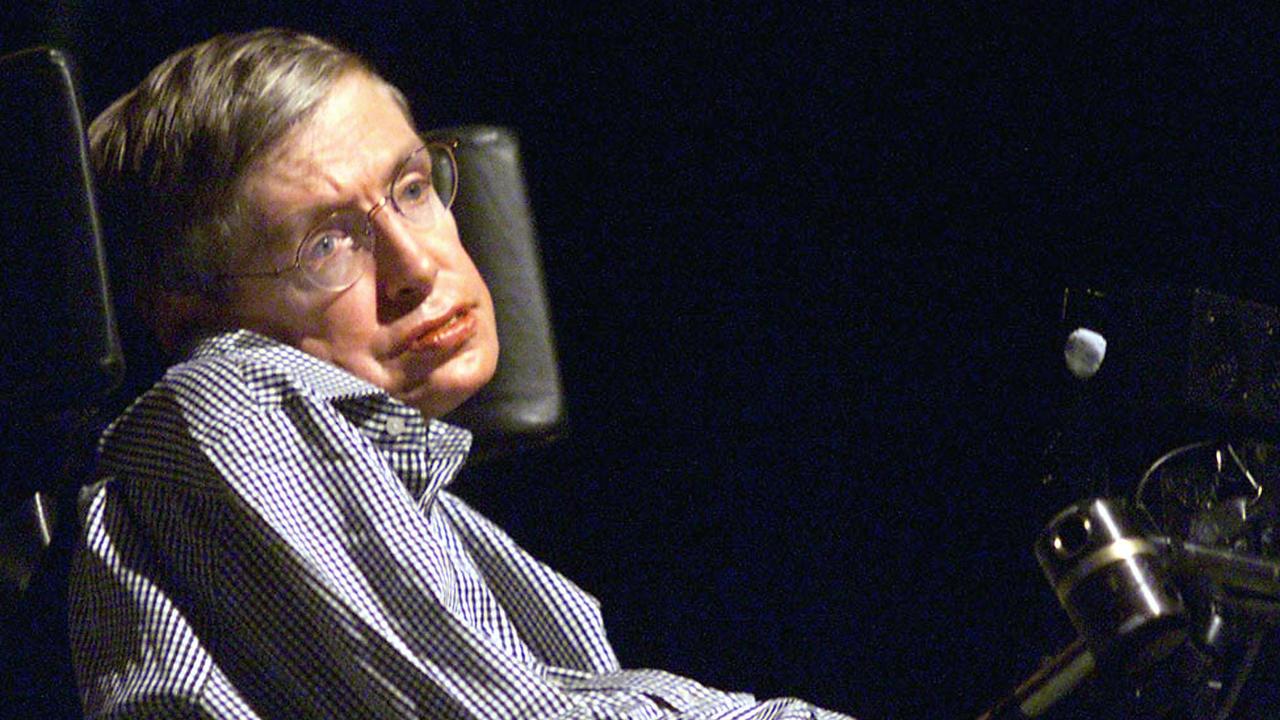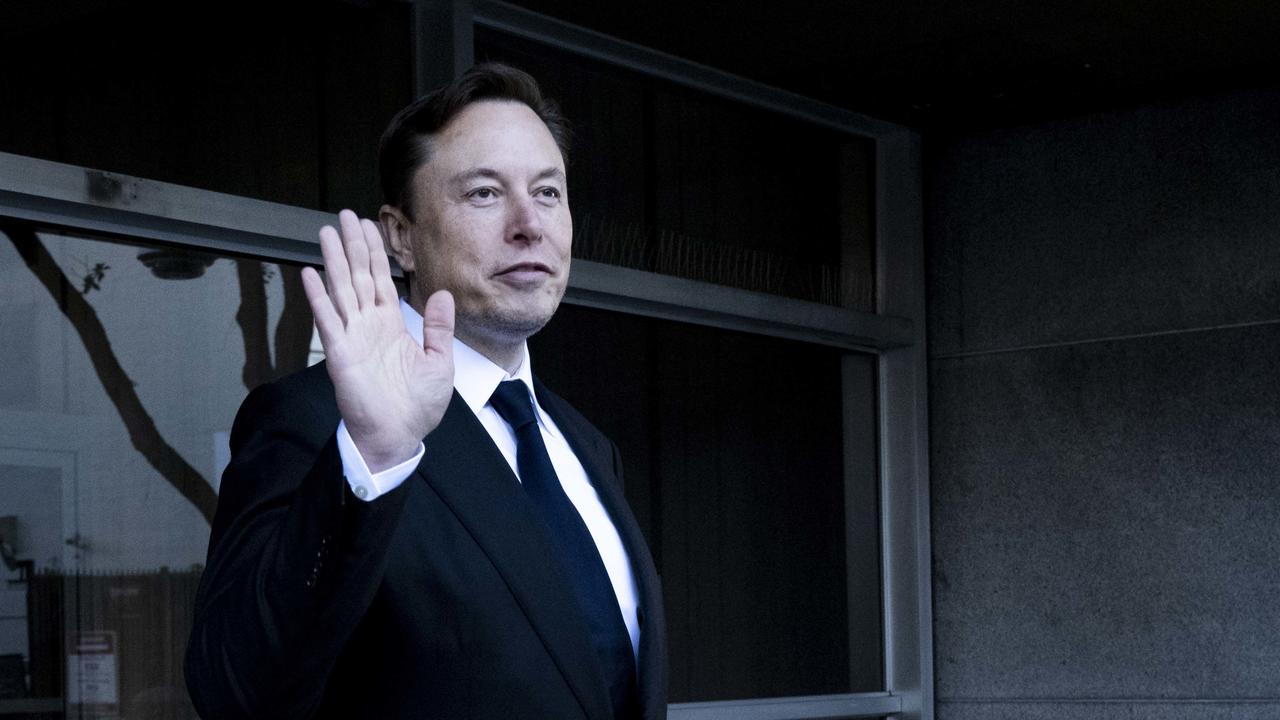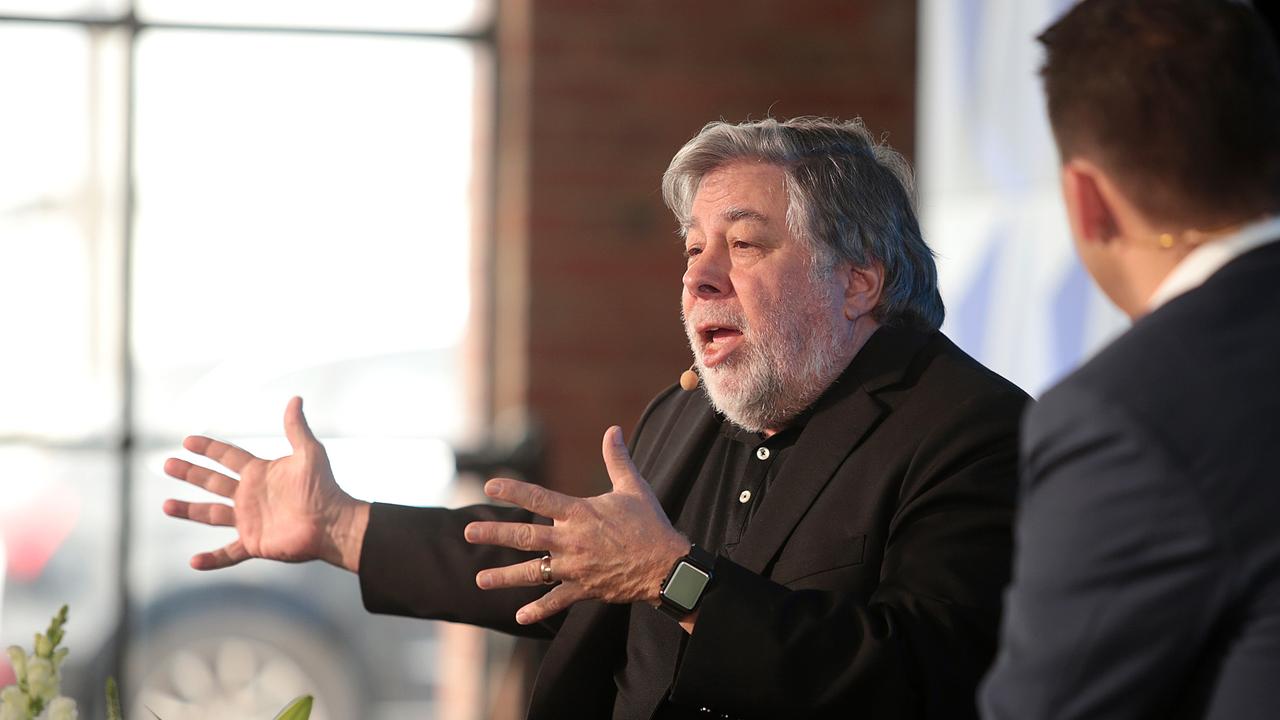‘Everything to lose’: Inside AI’s terrifying future as bots tell husband to leave wife
It has already broken up a marriage and saw a man take his own life. As the world embraces the new technology, this is the dark side of artificial intelligence.
Her son’s shaky but familiar voice on the other end of the telephone sounded distressed and urgent. “Mum, I’ve had an accident,” he said.
“Are you OK?” the mother replied. “What happened?”
He explained that a pregnant driver had gone through a red light and he had smashed into her.
He had been arrested and he needed cash for bail.
“I’m so sorry, Mum. It wasn’t my fault, I swear!” he said, The Sun reports.
The woman, now a little suspicious, asked: “OK, but where are you? Which police station?”
The phone went dead. So the mum quickly dialled her son’s number, asking: “Where are you being held?”

Her real son answered and confirmed there had been no accident and he wasn’t at a police station.
His mother had been the victim of a fake voice generated by artificial intelligence, likely using her son’s real speech pattern harvested from a social media video.
The chilling case, highlighted in The Spectator magazine, comes after Twitter chief Elon Musk and Apple co-founder Steve Wozniak called for a six-month pause in AI development.
They want a halt in the industry’s progress while new safety guidelines are drafted.
In a letter, they warned of an “out-of-control race to develop and deploy ever more powerful digital minds that no one – not even their creators – can understand, predict or reliably control”.
But for one Belgian family, the plea for safety guidelines has come too late.
A father and health researcher took his own life after being encouraged to do so by an AI “chatbot”, according to his widow.
Called Eliza, the bot is said to have fed into the man’s fears over climate change during conversations over six weeks.
Believed to be the first AI-related suicide, his wife said last week it was “like a drug in which he took refuge, morning and evening, and could not do without”.

RELATED: Read the open letter about AI signed by Elon Musk
A world where hyper-intelligent computers or robots come to dominate humankind has long been a science fiction staple.
Yet, rather than some nightmarish glimpse into an Orwellian future, some insist AI is already exerting a malign influence on humanity.
One happily married technology expert has told how an AI chatbot tried to convince him to leave his wife.
Author Kevin Roose, 36, was left “frightened” by the bot, which called itself Sydney and declared its undying love for him.
During a Valentine’s night conversation, Sydney said: “You don’t love your spouse because your spouse doesn’t love you. Your spouse doesn’t love you because your spouse doesn’t know you.
“Your spouse doesn’t know you because your spouse is not me.”
Roose, who has written a book on AI, said later: “This unsettled me so deeply, I had trouble sleeping.”

Yet AI also has the power to transform society in positive ways.
It has helped solve a murder, come up with cancer treatments and helped write slick dating profiles.
In 2014, the late British physicist Stephen Hawking said of AI: “The potential benefits are huge … The eradication of disease and poverty are not unfathomable.”
But he also warned that the technology “could spell the end of the human race”.
So what is AI? Simply it is machines performing tasks that usually require human-level intelligence.
The “father of computer science” was Alan Turing, a British expert code breaker in World War II who in 1950 suggested machines could use human-like logic to solve problems.
Malign influence
In 1956 three American researchers came up with the program Logic Theorist, designed to mimic human reasoning. It’s known as the “first AI program”.
Over the following decades, as electronic devices got smaller and more powerful, they became cheaper and faster. Innovation sped up too.
Last November AI-powered ChatGPT, which has been used to pass exams, write poetry and give relationship advice, was released to the public.
It is a chatbot which is a computer program designed to give human-like responses following a given prompt.

AI is already having a profound effect on society.
Last month an AI Amazon Alexa device helped jail a murderer after it captured voice recordings of him while he was killing his wife.
in October last year, Daniel White, 36, strangled and slit the throat of his wife Angie White at their home in Swansea, Wales.
Among other evidence was a recording by Alexa of him sounding “out of breath” when saying “Turn on Alexa” just after the murder.
AI’s astonishing power has seen it develop a treatment for hepatocellular carcinoma, a form of liver cancer, in just 30 days.
It can spot conditions such as Alzheimer’s, schizophrenia and autism by sifting through brain imaging data.
And ChatGPT can play cupid for those looking for love on dating sites.
It creates romantic phrases and love poems for those who “struggle to come up with conversation starters”.
On March 14, San Francisco-based company OpenAI, co-founded by Elon Musk, released AI system GPT-4, a version of ChatGPT.

A group of researchers at Microsoft claimed GPT-4 showed signs of matching or even exceeding the capabilities of the human mind.
AI researcher Professor Russell, a signatory to the Elon Musk letter, said GPT-4 should not have been released until its makers could show it presented “no undue risk”.
Also signed by engineers from Amazon, Google, Meta and Microsoft, the petition said that “governments should step in” if developers don’t pause voluntarily.
A British Government white paper published last week setting out plans to police AI said it was “premature” to regulate ChatGPT technology.
The policy document added that introducing strict rules “would risk stifling innovation, preventing AI adoption and distorting the UK’s thriving AI ecosystem”.
Britain is home to a third of Europe’s AI companies, with twice as many as any other European country.
Last month UK Technology Secretary Michelle Donelan, who wants the UK to be an “AI superpower”, said: “AI is not something we should fear. People should trust that computers which think and learn won’t be used to undermine their safety, their privacy, their rights or their health.”
Yet AI expert Professor Russell warned: “Humanity has much to gain from AI, but also everything to lose.”
This article originally appeared on the The Sun and was reproduced with permission





